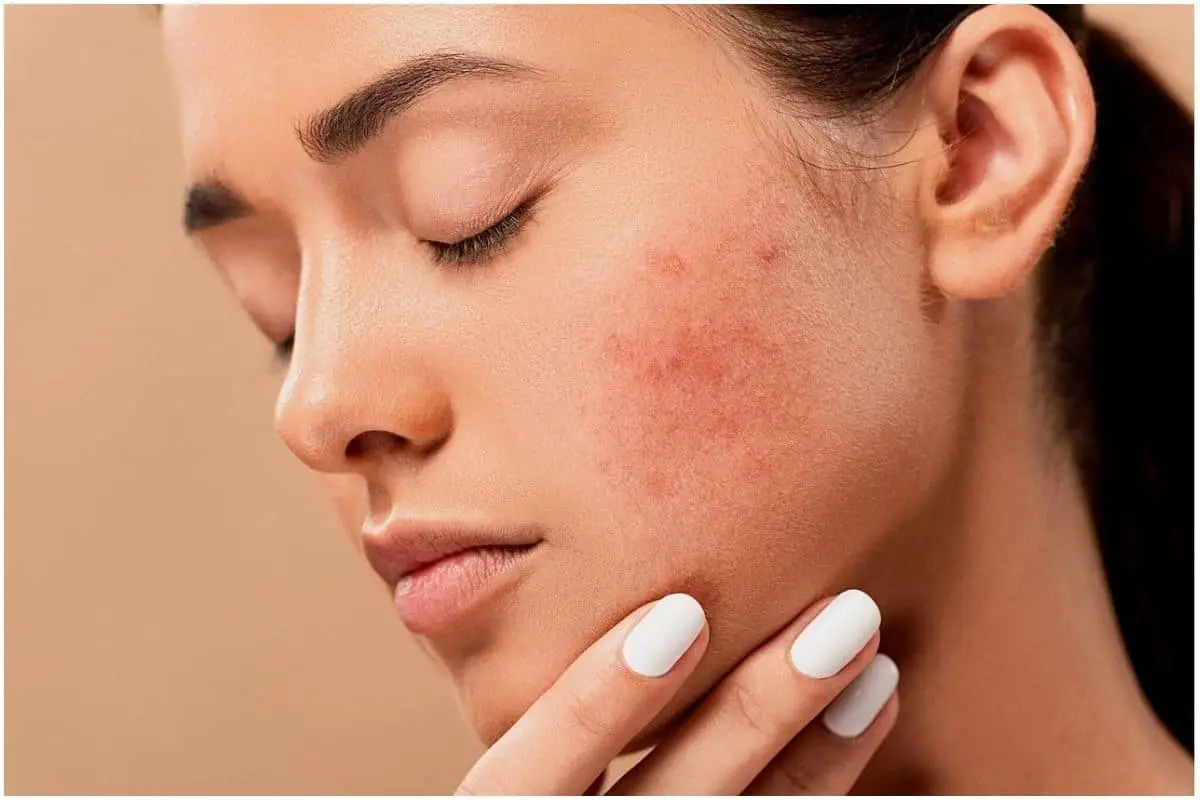The monsoon season brings much-needed relief from the scorching heat, but it also brings a host of skincare challenges, especially acne breakouts. The increased humidity, rain, and dampness can wreak havoc on your skin, leading to clogged pores and pesky pimples. However, with the right skincare routine and precautions, you can prevent and treat monsoon acne effectively. In this comprehensive guide, we’ll explore the causes of monsoon acne and provide practical tips to keep your skin clear and glowing even during the rainy season.
Understanding Monsoon Acne
Acne is a common skin condition characterized by the occurrence of pimples, blackheads, whiteheads, and cysts. During the monsoon season, several factors contribute to the development of acne:
- Humidity: The increased humidity levels can lead to excessive sweating, causing pores to become clogged with dirt, oil, and bacteria. This creates an ideal environment for acne to thrive.
- Microbial Growth: Rainwater and dampness can encourage the growth of bacteria and fungi on the skin. These microorganisms can exacerbate acne and other skin issues.
- Excess Oil Production: For some individuals, humid weather stimulates the sebaceous glands to produce more oil, making the skin more prone to breakouts.
- Pollutants: Rainwater can carry pollutants and impurities from the atmosphere onto your skin, leading to clogged pores and acne.
Tips to Prevent Monsoon Acne
- Cleansing: Start your skincare routine with a gentle cleanser that removes excess oil, dirt, and impurities without stripping your skin of its natural moisture. Cleansing twice a day is essential to keep your skin clean.
- Exfoliation: Use a mild exfoliant 1-2 times a week to remove dead skin cells and prevent clogged pores. Avoid aggressive scrubbing, as it can irritate the skin.
- Hydration: Stay hydrated by drinking plenty of water, as this helps maintain skin health. Dehydrated skin can produce more oil, potentially leading to acne.
- Moisturizing: Use a lightweight, non-comedogenic moisturizer to keep your skin hydrated without clogging pores.
- Sunscreen: Apply a broad-spectrum sunscreen with at least SPF 30 daily, even on cloudy days. UV radiation can worsen acne and cause skin damage.
- Avoid Touching Your Face: Touching your face with dirty hands can transfer bacteria and dirt to your skin. Resist the urge to pick or pop pimples, as this can lead to scarring.
- Cleanse After Rain Exposure: If you get caught in the rain, cleanse your face as soon as possible to remove pollutants and impurities from rainwater.
- Hats and Umbrellas: Use hats and umbrellas to shield your face from direct rain exposure. This can help reduce the risk of pollutants and impurities settling on your skin.
- Antibacterial Face Wash: Consider using an antibacterial face wash containing ingredients like salicylic acid or benzoyl peroxide to target acne-causing bacteria.
- Oil-Free Makeup: Opt for oil-free and non-comedogenic makeup products to avoid clogging pores. Remove makeup thoroughly before bedtime.
Treating Monsoon Acne
If you do experience acne breakouts during the monsoon season, these treatment tips can help:
- Topical Treatments: Over-the-counter topical treatments containing ingredients like benzoyl peroxide, salicylic acid, or retinoids can help treat acne. Consult a dermatologist for personalized recommendations.
- Prescription Medications: In severe cases, a dermatologist may prescribe antibiotics, oral contraceptives, or other medications to manage acne.
- Professional Treatments: Procedures like chemical peels, microdermabrasion, and laser therapy can help reduce acne and improve skin texture. Consult a dermatologist for guidance.
- Spot Treatment: For individual pimples, use spot treatments with benzoyl peroxide or salicylic acid to speed up healing.
- Maintain a Consistent Routine: Stick to a consistent skincare routine that includes cleansing, moisturizing, and sun protection to prevent further breakouts.
- Consult a Dermatologist: If your acne persists or worsens, consult a dermatologist. They can provide customized treatment options tailored to your skin type and condition.
- Lifestyle Adjustments: Consider making lifestyle adjustments like managing stress, eating a balanced diet, and getting regular exercise, as these factors can influence skin health.
In conclusion, monsoon acne can be challenging, but with proper care and attention, you can prevent and treat breakouts effectively. Remember that skincare is individual, and what works for one person may not work for another. If you’re struggling with persistent or severe acne, don’t hesitate to seek professional help from a dermatologist who can provide personalized solutions to keep your skin healthy and clear during the rainy season.
